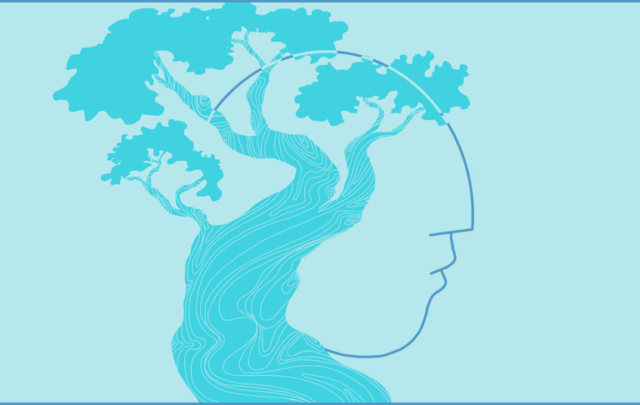Food and Population
Farmers are invisible people, and middle-class city dwellers choose to pretend that the long lines of trucks bringing food into the city at dawn every day have nothing to do with the white-collar world. Perhaps it is a mark of the civilized person to believe that the essentials of food, clothing, and shelter have no relevance to daily life. Yet if the farmers stopped sending food into the great vacuum of the metropolis, the great maw of urbanity, the city would soon start to crumble, as Britain discovered in the year 2000 [5]. The next question, then, is: Where does all this food come from?
March 3, 2010
The End Of Electricity
There seems to be a consensus that the depletion of fossil fuels will follow a fairly impressive slope. What may need to be looked at more closely, however, is not the “when” but the “what.” Looking at the temporary shortages of the 1970s may give us the impression that the most serious consequence will be lineups at the pump. Fossil-fuel decline, however, will also mean the end of electricity, a far more serious matter.
November 3, 2009
Agriculture in a post-oil economy
Agriculture in the future will be largely a “family affair”: without motorized vehicles, food will have to be produced not far from where it was consumed. But what crops should be grown? How much land would be needed? Where could people be supported by such methods of agriculture?
September 22, 2007
The Oil Crisis Started 30 Years Ago
It is customary to look for the critical year of oil production in absolute terms, but in the year 1970 or thereabouts there was another important “conjunction,” to use an astrological metaphor.
November 2, 2006




